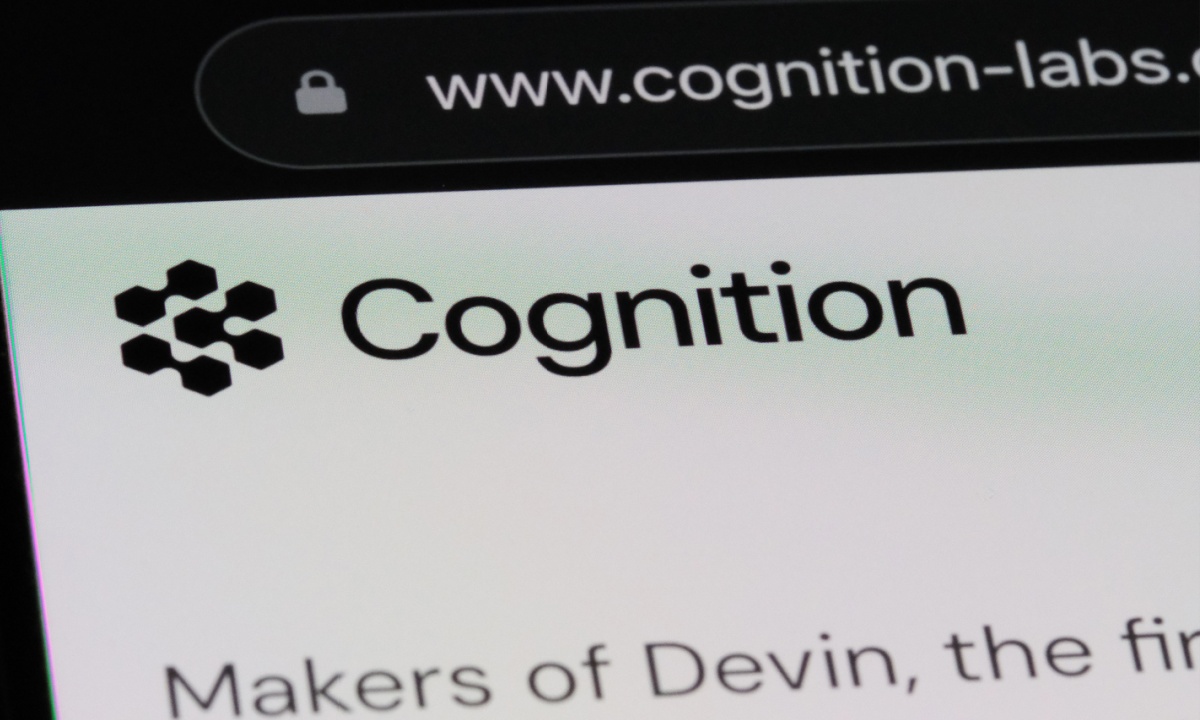Artificial intelligence (AI) software code generation firm Cognition is now a $10 billion company.
The startup announced Monday (Sept. 8) that it had raised $400 million in a funding round, the latest in a series of AI firms seeing their valuations skyrocket recently.
“We founded Cognition last year to build the future of software engineering,” Co-founder and CEO Scott Wu wrote on the company blog.
“We envision a world of software abundance where engineers become architects, solving the most challenging problems and focusing on their creative visions while tasking an army of autonomous agents to support them on everything else.”
Last March, Wu added, Cognition debuted “Devin,” its AI software engineer. At the time, it was an adept but “very junior” engineer. Now, while “we are still in the earliest innings of AI code,” AI agents are working alongside individual developers and within large enterprise engineering teams.
“As with many technologies throughout history, what first seemed a fringe theory quickly became an obvious reality,” Wu added, first with Devin and then with Windsurf, the AI code generation startup Cognition acquired in July.
And that purchase followed Google’s deal to recruit several Windsurf executives and researchers, which itself came after months of negotiations between Windsurf and OpenAI. The latter company which had explored a possible acquisition valued at $3 billion.
The Wall Street Journal reported last month that Cognition had raised $500 million in a funding round that doubled the company’s valuation to $9.8 billion. The same report noted the company raised $300 million in an earlier round this year, valuing it at $4 billion.
Writing about the use of AI agents earlier this month, PYMNTS posited a scenario in which an agent, outfitted with a realistic avatar, can serve as a treasurer, with that avatar functioning as a “conduit of explainability.”
“Imagine a treasury meeting where the AI treasurer presents cash forecasts, highlighting potential liquidity shortfalls two quarters out,” the report said.
“The avatar explains that a pattern in supplier payments and foreign exchange exposures points to risk. When asked why the system recommends hedging euro-denominated receivables, the avatar cites real-time volatility metrics, historical correlations, stress tests, then executes the hedge instantly once approved.”
At the same time, PYMNTS Intelligence research has shown some reluctance among finance chiefs to embrace agentic AI, with just 15% of executives surveyed saying they were even considering the technology, and most still in the early evaluation stage.

